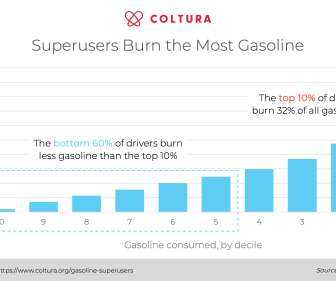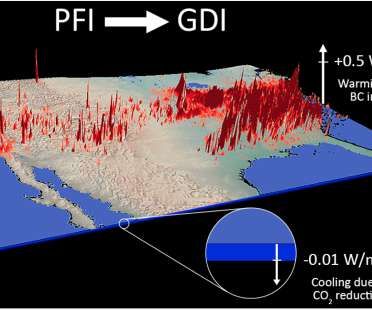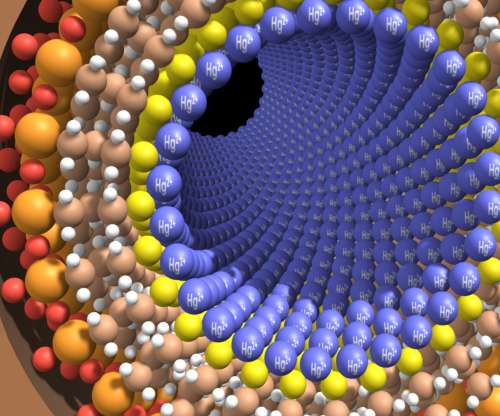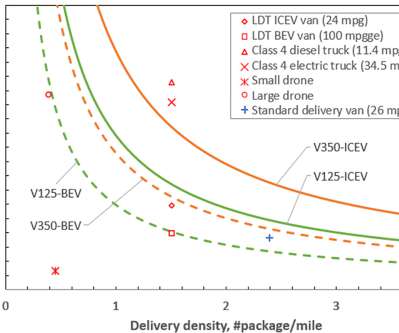Coltura: Federal & state EV policy & incentives must target gasoline superusers to achieve carbon emissions goals
Green Car Congress
JULY 21, 2021
Advocacy group Coltura has published a report that finds converting the biggest users of gasoline to EVs in the next ten years is critical to reaching climate goals and that present EV policies are poorly suited to accomplishing that conversion. Among the findings of the report: Drivers are highly unequal in their gasoline consumption.










































Let's personalize your content